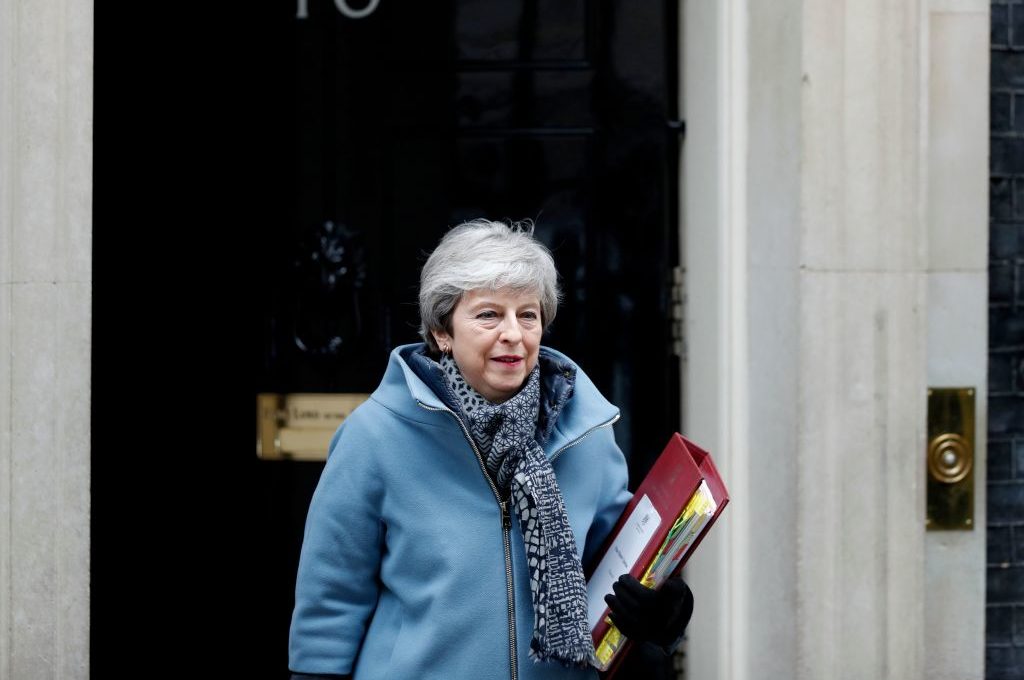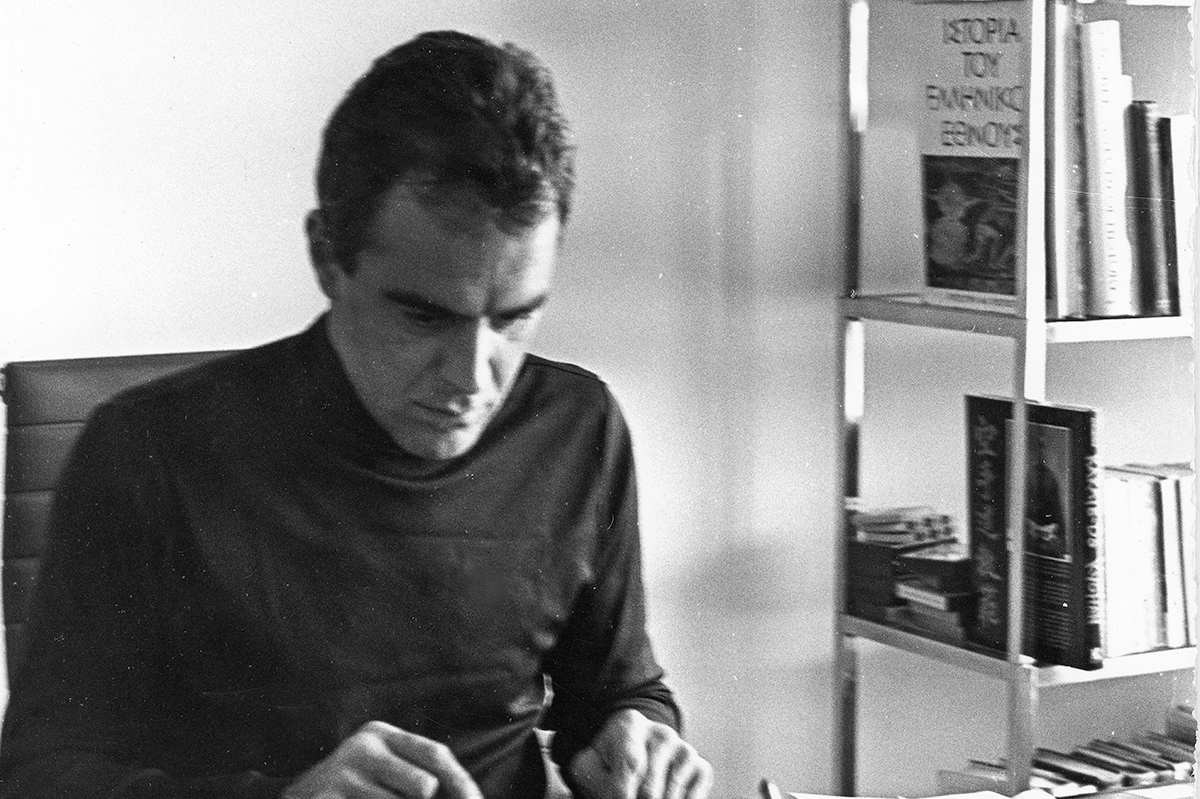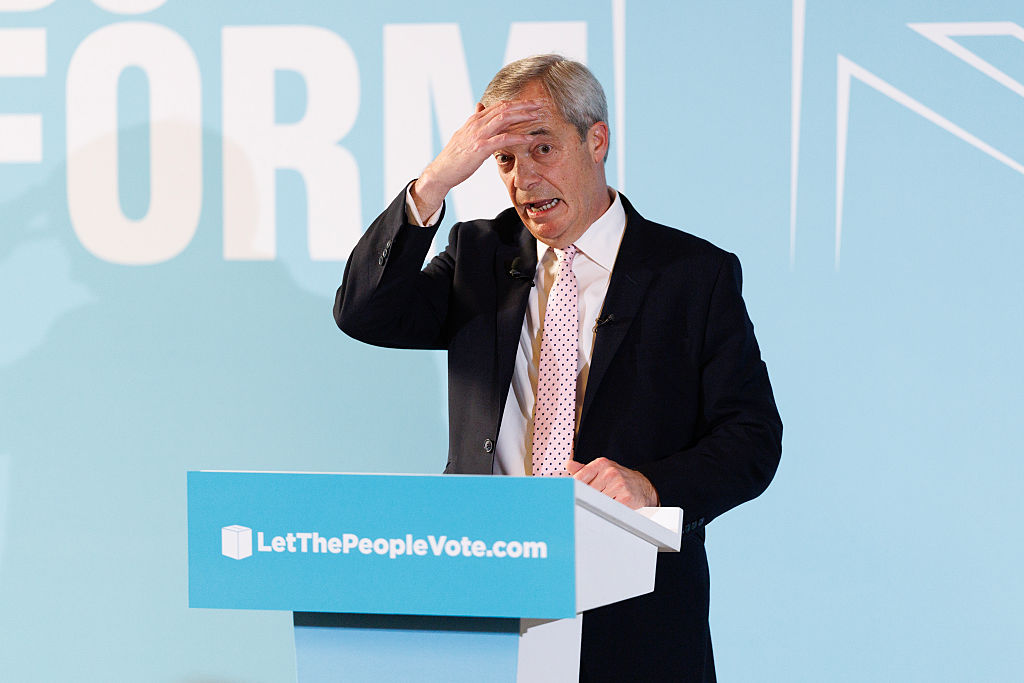The chances of a lengthy delay to Brexit have just increased substantially. The withdrawal agreement has been defeated for a third time, by 58 votes, which means that there’s little point in the government bringing it back next week even if it could find a procedural way to do so. The 34 Tory rebels mean that even if some way could be found to reassure the Democratic Unionist Party, the government still wouldn’t have the numbers to win.
Parliament’s actions mean that the UK’s immediate future is now in the hands of the European Union. There will be a special EU Council on April 10 to decide whether or not to grant a further extension. I still think it is unlikely that the EU will force a no-deal exit on the UK, but it will insist on this country taking part in the European Parliament elections if we are going to remain in the EU beyond April 12.
One consequence of a lengthy extension is likely to be a general election. After the result was announced, Theresa May declared that ‘we are reaching the limits of this process in this House’, which is her clearest indication yet that she is thinking about a general election. Both Jeremy Corbyn and the Scottish National Party called for an election. But an election raises almost as many questions as it might answer. Who, for instance, would lead the Tories into that election and what would Labour’s policy on Brexit be?
The one thing that is for certain, is that uncertainty will continue to define the United Kingdom’s politics.
This article was originally published on The Spectator’s UK website.

























